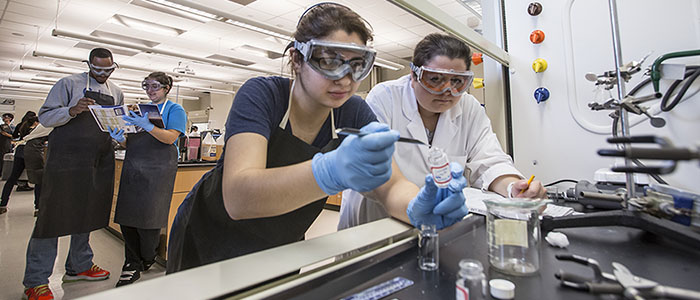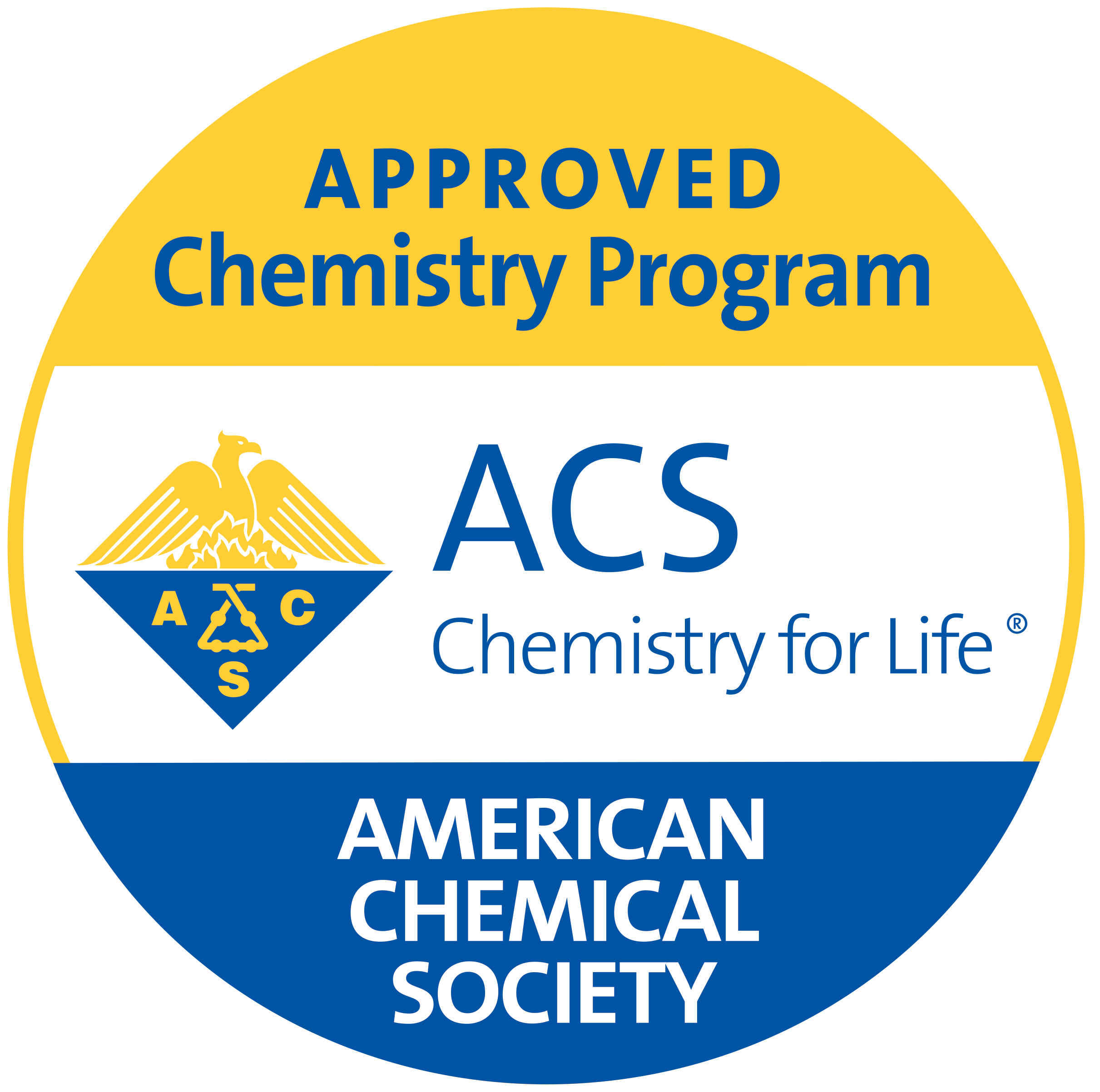Chemistry
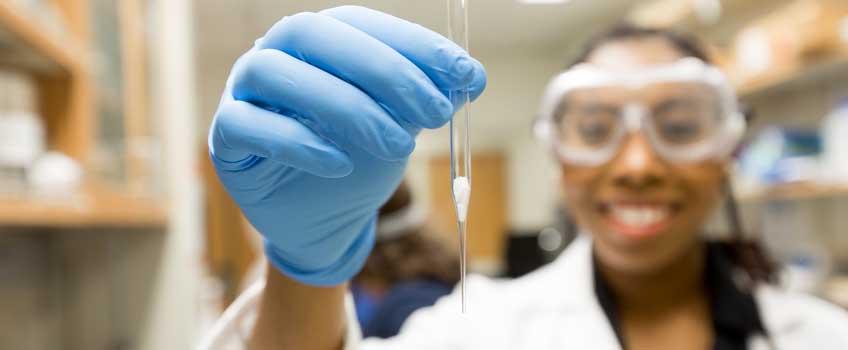
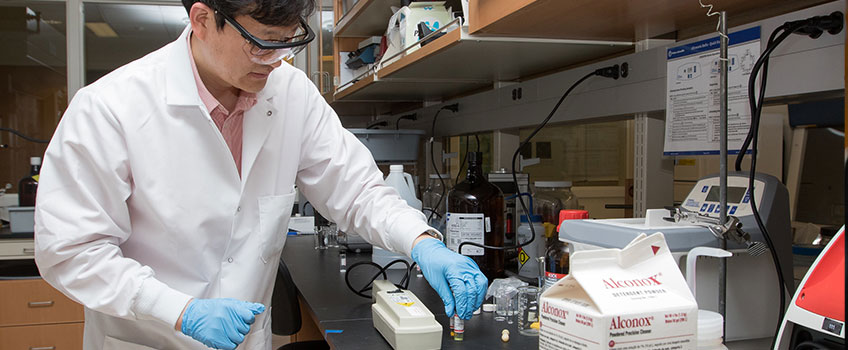
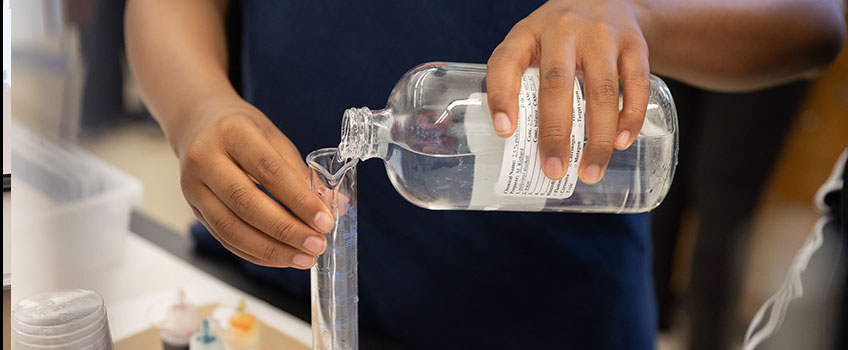
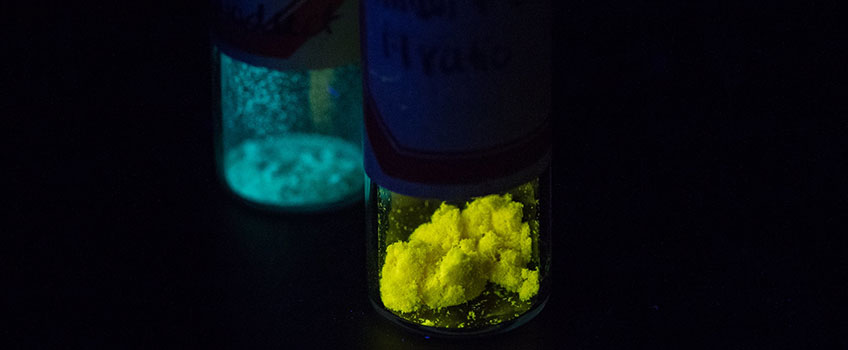
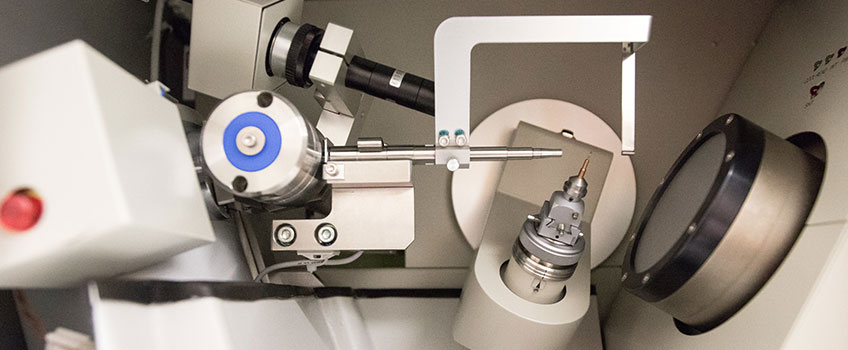
The Chemistry (CHEM) program offerings are designed for students who want to become chemists, for those who would like to use chemistry to understand the behavior of living systems, and for those who wish to apply chemistry to problems in physics, geology, environmental studies, or marine science.
It is also an appropriate degree program for students pursuing careers in engineering, medicine, dentistry, veterinary medicine, or science teaching at the secondary level.
About the Program
The program seeks to provide students with an opportunity to acquire a sound foundation in chemistry and to see its broader applications. Students are encouraged and expected to develop a comprehensive view of their subject as more than a simple sequence of courses. This requires attention to questions of methodology and intellectual style. Course offerings, laboratory experiments, seminars, and independent study in the program are tailored to the background and goals of the individual student as much as possible. As the student progresses, emphasis shifts from relatively structured classroom and laboratory experiences to activities that require increasing independence and initiative on the student’s part. Undergraduate research is an integral part of the typical experience in the laboratory for juniors and seniors.
Program Features
- All lecture courses are taught by Ph.D. level faculty members, not graduate students.
- All instrumentation and equipment in the laboratories are available for undergraduate use.
- Advanced instrumentation is often used in teaching laboratories.
- All chemistry and biochemistry/molecular biology majors complete a senior project.
- Research done in conjunction with a faculty mentor on campus or as an off-campus internship.
- Can span multiple semesters for credit or non-credit.
- Graduating seniors present research at the Senior Research Symposium at the end of each semester.
Additional Information
Unlocking the Secrets of the Ocean Floor
Chemistry alumnus James McManus '86 uses sediments throughout the ocean's floor to
tell us more about the historical processes of the oceans of the past, and to understand the physical, chemical, and biological processes that can inform predictions
about what might happen under future conditions.
Learn more about McManus in the 2022 The Essential Elements article The Chemistry of the Ocean Floor. And don't miss other alumni stories in our current e-zine edition!
Accreditation
Curriculum
Chemistry provides an understanding of the behavior of living systems, and for those who wish to apply chemistry to problems in physics, geology, environmental science or marine science. It is also an appropriate degree program for students pursuing careers in engineering, medicine, dentistry, veterinary medicine or science teaching at the secondary level.
Prospective freshman or transfer students can use the Curriculum & Transfer Equivalency tool below. In addition, the program degree map provides valuable degree information and is a guide to assist in planning academic coursework, but should not substitute academic advisement.
Major
In addition to the College’s general education requirements, Chemistry Majors are
expected to complete the following courses:
The BS in Chemistry requires 80 credits in Program and Cognate Courses
The BA in Chemistry requires 64 credits in Program and Cognate Courses
- General and Organic Chemistry with laboratories (Chemistry I, Chemistry II, Chemistry III, Chemistry IV), Inorganic Chemistry, Organic Techniques, Laboratory Methods I and II and Physical Chemistry I and II
- Calculus I, Calculus II
- Chemistry Seminar
- Physics I and II with laboratories
- Additional upper-level CHEM or other science courses (as cognates) to meet requirements
Certification and Concentration
The Chemistry Program offers the following certification and concentrations:
- BS degree with American Chemical Society (ACS) Certification
- Environmental Chemistry
- Dual Degree in Chemistry and Engineering
- Education
Minor
Students majoring in other fields may also be certified with a Minor in Chemistry by completing the following requirements (26 credits):
- Chemistry I with laboratory
- Chemistry II with laboratory
- Chemistry III with laboratory
- Chemistry IV with laboratory
- One (1) of the following upper-level courses:
- Survey of Instrumentation
- Inorganic Chemistry
- Laboratory Methods I
- Biochemical Laboratory Methods
- Advanced Organic/Organic Techniques
- One (1) additional, 4-credit Chemistry course at the 3000 or 4000 level
Note: Please refer to the current Academic Bulletin for specific information on minors in Chemistry and additional information on the
Chemistry program. For specific information on courses, please use the
Catalog of Courses.
Degree Offerings
Bachelor of Arts in Chemistry
Recommended as a general introduction to the physical sciences and for employment in chemistry.
Bachelor of Science in Chemistry
Recommended for employment or graduate study in chemistry and for professional programs in health-related fields.
Bachelor of Science in Chemistry with American Chemical Society (ACS) Certification
Recommended for those wishing for a traditional, intensive background in chemistry. This curriculum of the Chemistry program meets the undergraduate criteria established by the American Chemical Society (ACS) and is included in the ACS list of approved programs. Students who complete the ACS requirements will be certified to the Society upon graduation.
Bachelor of Science in Environmental Chemistry
Recommended for those interested in combining training in traditional chemistry with the ability to apply that knowledge to environmental problems. This concentration prepares students for employment or graduate study in this field.
B.S. and B.S. Engineering Dual-Degree in Chemistry and Engineering
Recommended for those interested in chemical engineering. Stockton has established five-year dual-degree programs in liberal arts and engineering with Rowan University and Rutgers University. The dual-degree program is described in more detail in the Engineering program guide.
Bachelor of Arts in Chemistry with Education Concentration
Recommended for those wishing to pursue a career as a high school chemistry teacher. This concentration includes education and related courses necessary for certification in the State of New Jersey.
Minor in Chemistry
The minor is a link connecting the realms of physical, life, and applied sciences, making it a valuable addition to your science and engineering education.
Coursework
Degree Works Curriculum & Transfer Equivalency Tool
To see the curriculum for your area of interest, you’ll use the web program, Degree Works. This service is accessible even if you are not currently a student with Stockton University.
Current students exploring the various paths towards degree completion should access the "what if" option in their Degree Works through the portal.
Faculty

Marc L. Richard

Dmytro Berbasov

Erin E. Brown (Podlesny)
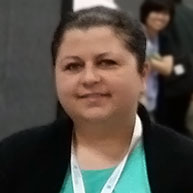

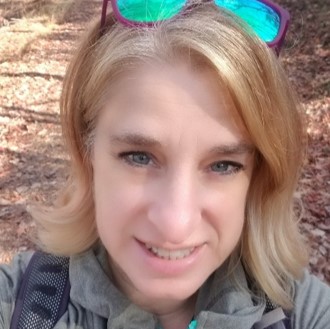
Kristen A. Hallock-Waters

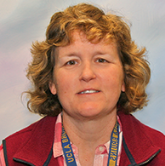


Jennifer Martin

Robert J. Olsen

Elizabeth Pollock


Christine Snyder

Aaron Wohlrab








Opportunities
Many Chemistry students choose to perform off campus work in a government, university or industrial laboratory, often as part of the National Science Foundation Research Experience for Undergraduates (NSF-REU) program. In addition, Stockton’s active Washington Internship program offers opportunities for placements in institutions like the National Academy of Sciences, the National Institutes of Health, or the National Institutes of Standards and Technology, located in the Washington, D.C. area. Academic credit will be granted for such experience, provided it contributes significantly to the student’s intellectual development. Credit will generally be contingent on a comprehensive report submitted after the experience is over. Students may choose to do some or all of their independent projects off campus.
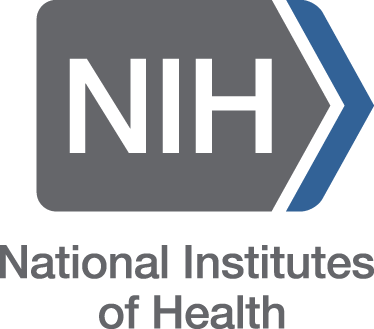
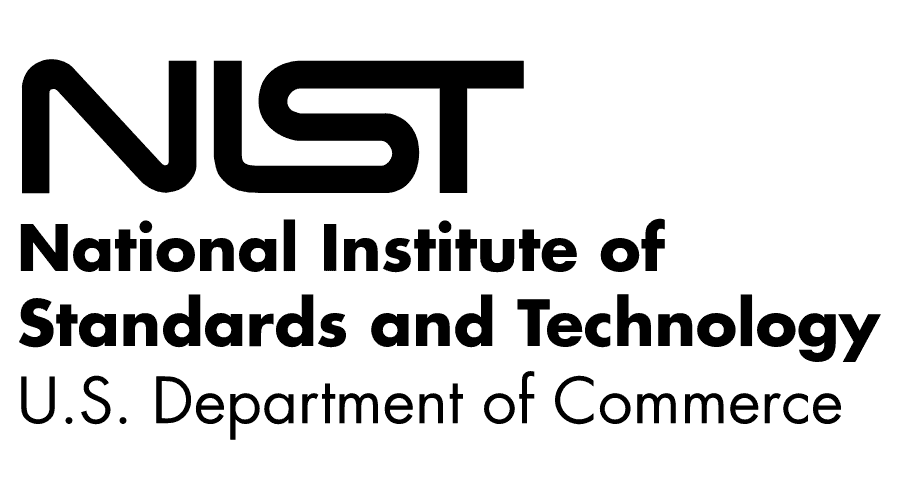
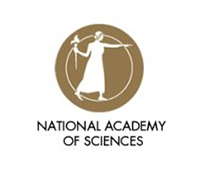
The Chemistry Society is a Stockton student organization that fosters awareness of issues and concerns in the field of chemistry. This club is affiliated with the American Chemical Society (ACS) and is active in the South Jersey section of the ACS.
Careers
Successful completion of a degree program in Chemistry may be considered the initial step toward employment in industrial- or public-sector positions, including chemical and pharmaceutical manufacturing, sales, testing and evaluation, regulation, and basic or applied research. It can also serve as a foundation for advanced study in science, human or veterinary medicine or dentistry, and for teaching at the secondary school or college level. Graduates of Stockton’s Chemistry program have, in fact, been successful in all of these areas.
Potential Careers
There is a wide variety of jobs within chemical sciences.
- Pharmacologist
- Chemical engineer
- Forensic scientist
- Analytical or physical chemist
- Synthetic or organic chemist
- Oceanographer
- Materials scientist
- Educator
- Physician Assistant
- Water chemist
- Geochemist
- Toxicologist
- Veterinarian
- Dentist
- Physician
- Pharmacist
- Physical therapist
- Radiologist
- Dental hygienist
The connections you made with your professors and preceptors are invaluable resources for your career planning. Beyond providing assistance on coursework and scheduling, they can give you guidance in planning for your post-college career.
In addition, we have a student Career Center that is available to guide you through your career development journey - from CV writing, interview prep, or general guidance.
